Gay All Blacks star Campbell Johnstone: ‘On a rugby team, there’s always banter’
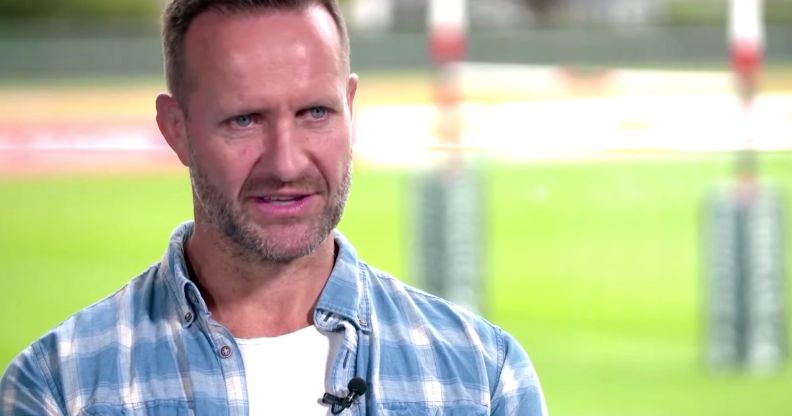
Campbell Johnstone became the first All Blacks player to come out. (YouTube/1News)
Rugby player Campbell Johnstone made history when he came out as gay, making him the first ever All Blacks star to publicly do so.
Campbell came out publicly in January, aged 43, almost 20 years after he played for the All Blacks, New Zealand’s national team. It was a seismic moment, but it didn’t happen in a vacuum – a number of male athletes have come out in recent years, signalling that the culture in sport is slowly starting to change.
Campbell first realised he was gay when he was around 15 or 16. It was the mid 1990s and public attitudes were not kind.
But rugby was his saving grace. He had taken up the sport as a child, first learning the rules in the back yard of his family home.
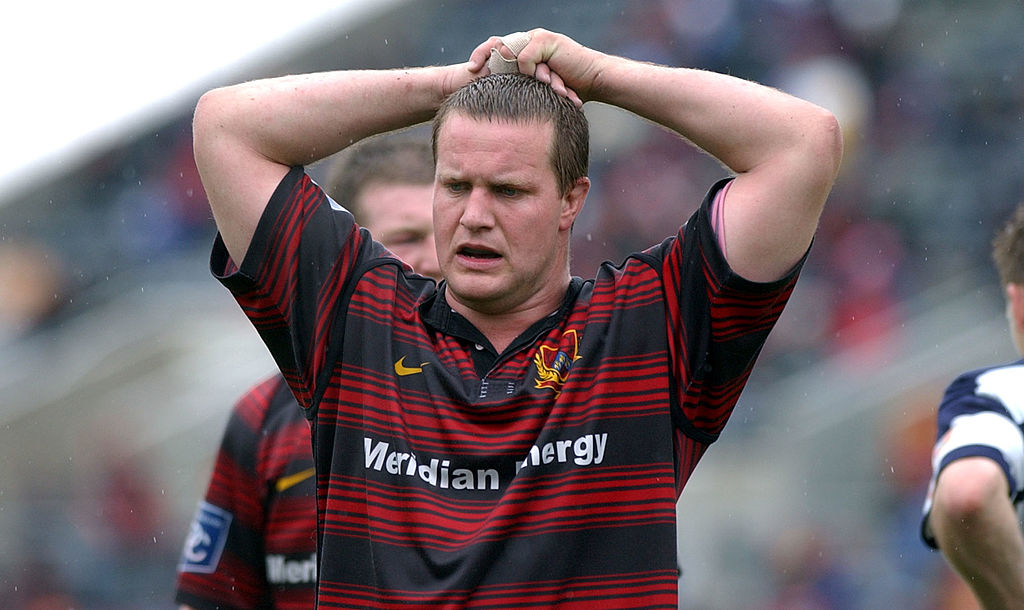
“When you play in New Zealand in the country you played on frosty mornings and it was in bare feet. You had to remove the livestock, the sheep and cattle, before you could actually run about and play,” he laughs.
From the start, Campbell was hooked – but as he got older, and as his dream of pursuing a professional career grew, he couldn’t shake the fear that his sexuality would pose a problem.
“It was difficult – it didn’t fit my ideal world of what I thought a rugby player, All Black, should be,” he says.
“I would push it away, push it deep down, and continue focusing on my ultimate goal, which was to be an All Black and to play rugby.”
When Campbell faltered, he blamed his secret.
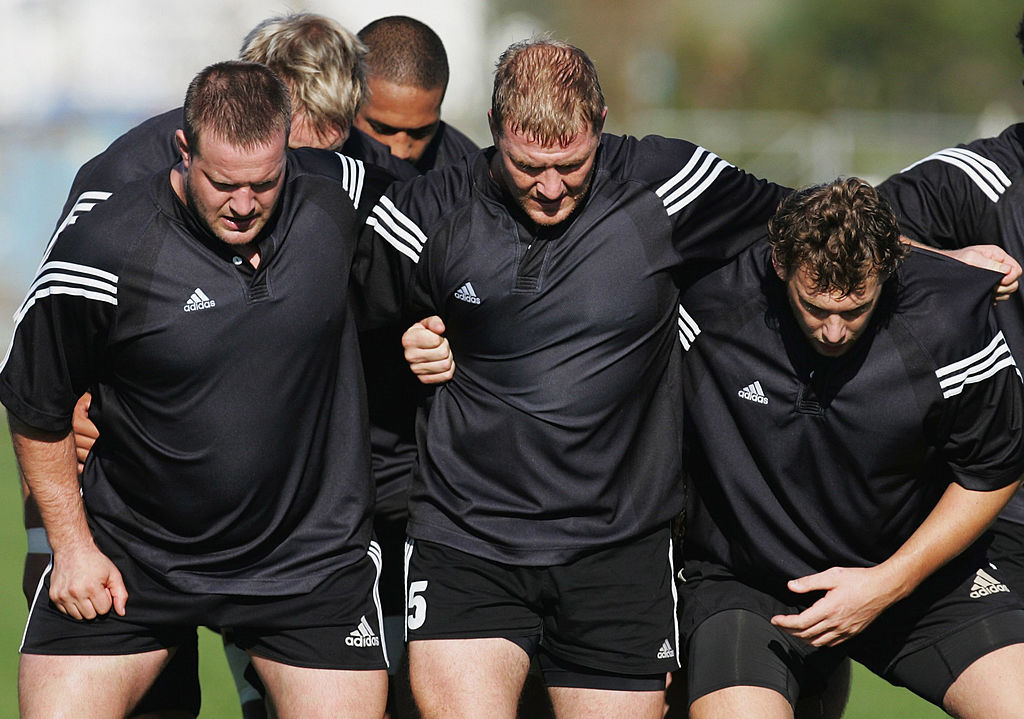
“At certain points I would blame my sexuality for why I played poorly – I’d use that as an excuse but the reality is that that’s an easy way out. It’s not your sexuality, it’s the effort you put in during the week – your training hours, things like that. It’s easier to blame the small things instead of looking at the bigger picture.”
In his early twenties, Campbell Johnstone came out to his family and friends.
“I’m so lucky to have such a caring and accepting family,” he says. “It was like nothing had happened really.”
Before long, he worked up the courage to come out to his teammates – and the reaction was similarly positive.
“They were all so accepting. I think the main question most of them had was, ‘Does this change anything about whether you want to win or anything like that? Well let’s just get on with it then.’
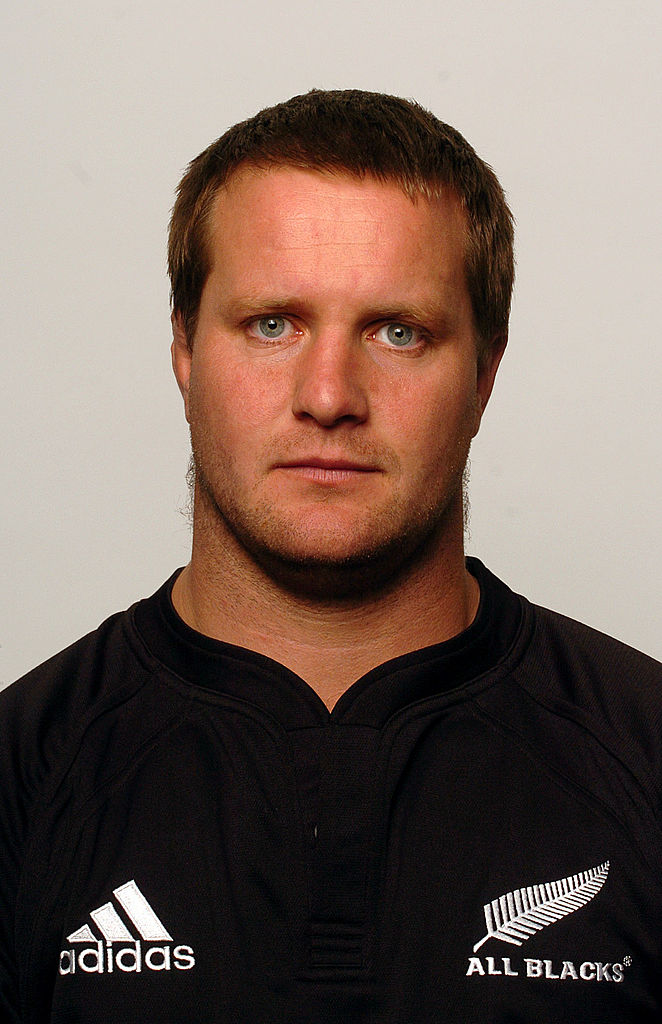
“Everyone was very accepting and I was really fortunate and lucky, because I know other people find it really difficult and have really bad experiences which is sad.”
His experiences in sport have also been broadly positive – he hasn’t had to deal with homophobia, but he has heard some of the “banter” that tends to go around in the locker room.
“Obviously, in a rugby team, in a boys’ team, there’s always banter, but that banter always came from a loving and caring place – it was never directed in a nasty, hurtful, spiteful way,” he says.
Having said that, he hopes people know that words have meaning.
“If you know that person and you’re connected with that person and you know it’s coming from a place of love it’s not as bad, but I do think we need to all back on some of it.”
While he was no longer in the closet in his private life, Campbell didn’t feel the need to come out publicly – the ranks of openly gay male sports stars is still relatively small – especially when it comes to currently active players.
But recent conversations made him wonder whether he could make an impact by opening up about his sexuality.
He finally came out in a televised interview in January.
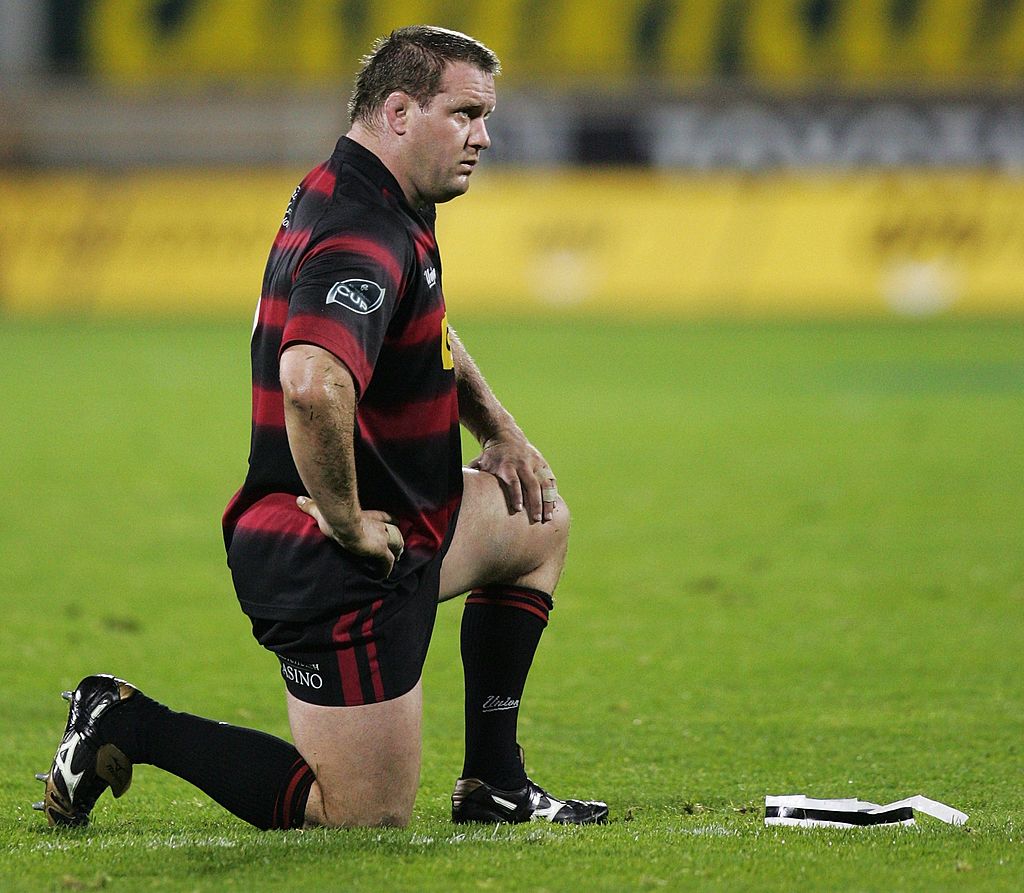
“I was blown away by the response and by how far and wide it spread. The messages from people were just incredible – it really made it worthwhile.
“Now I look back and I’m somewhat disappointed in myself that I didn’t do it earlier, that I couldn’t find my own real self earlier so I could have helped people, but then maybe the timing wasn’t right.”
Campbell Johnstone now hopes that his decision to come out will inspire active rugby players to feel they can open up about who they are.
“Hopefully they’ll see all the messages and support and know it’s not going to be as bad as you think, because you do build it up in your head that it may be a disaster – but it is in your head most of the time.
“The last thing you want is for people to drop out of their passion for sport over sexuality. Hopefully they’ll keep on striving to succeed.”
How did this story make you feel?

